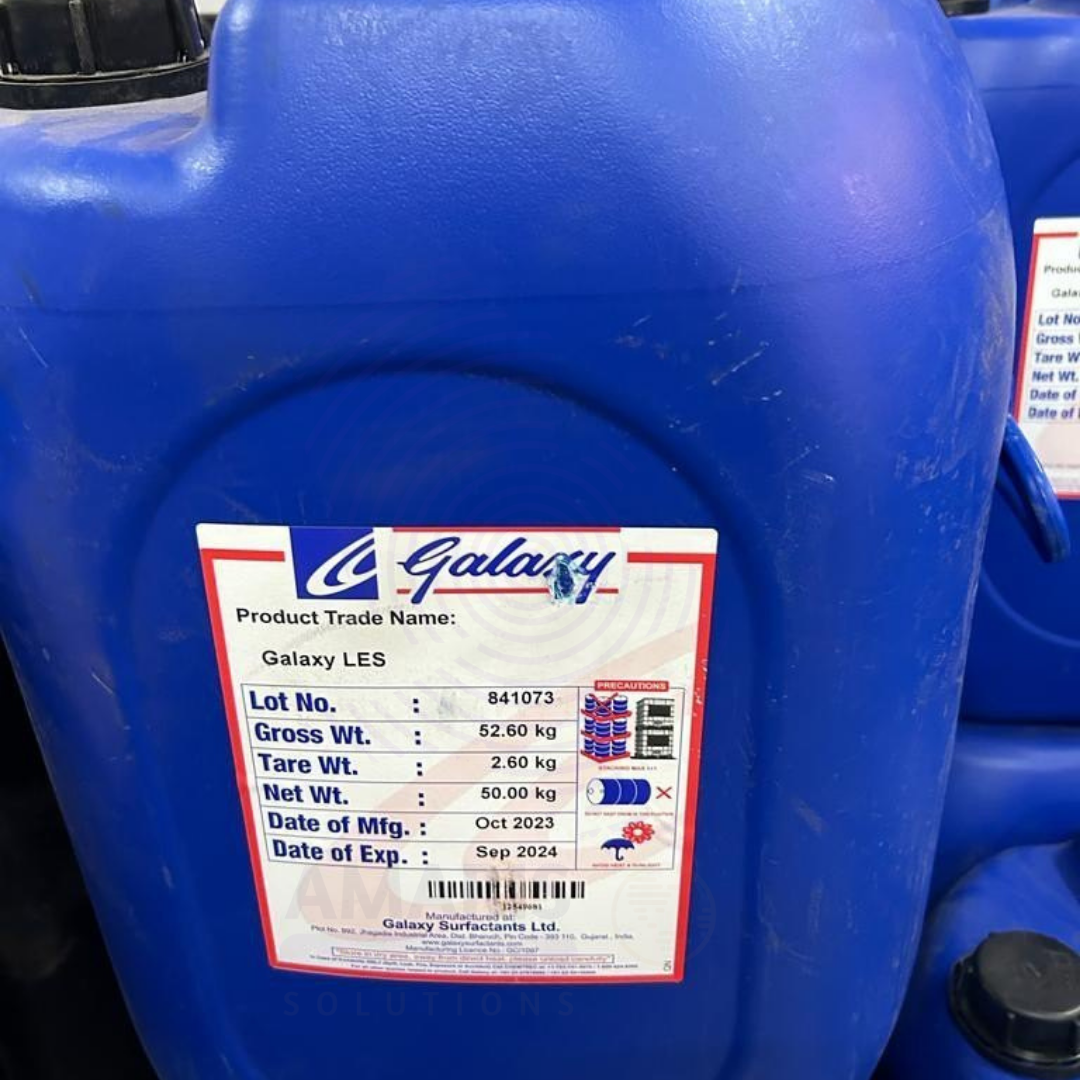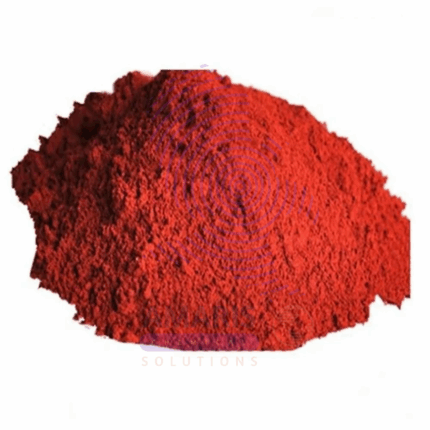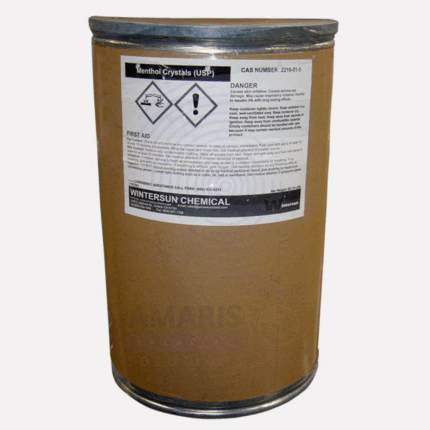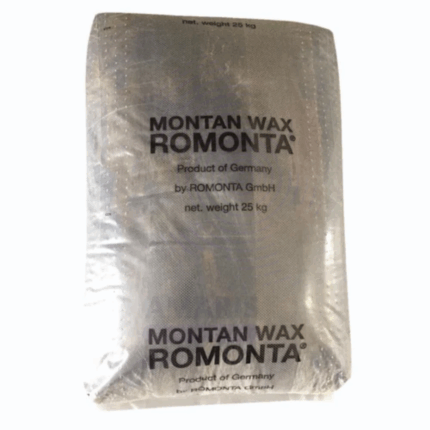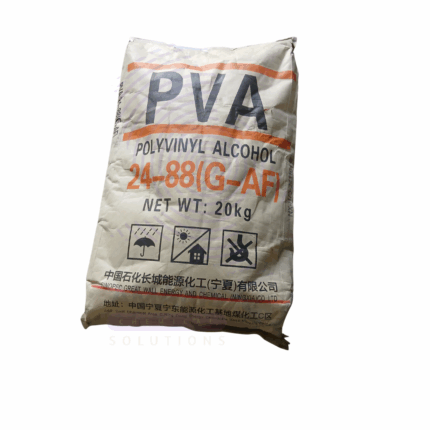
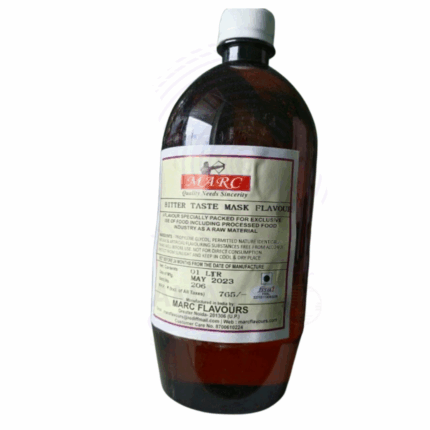
Sodium Lauryl Ether Sulphate Galaxy
Sodium Lauryl Ether Sulphate Galaxy is a high-quality anionic surfactant widely used in personal care, household, and industrial cleaning formulations. It is a clear to slightly yellow liquid derived from ethoxylated lauryl alcohol and sulfuric acid, neutralized with sodium hydroxide. Known for its superior foaming, cleansing, and emulsifying properties, this grade offers enhanced mildness and performance. It is biodegradable and compliant with cosmetic and industrial standards, making it suitable for a broad range of applications.
Sodium Lauryl Ether Sulphate Galaxy
Primary Uses
- Personal Care Industry
- Main surfactant in shampoos, body washes, liquid soaps, and facial cleansers for rich foam and effective cleansing.
- Used in toothpaste, bubble baths, and shaving creams as a detergent and emulsifier.
- Provides wetting and cleansing benefits in skincare products.
- Household Cleaning Products
- Key ingredient in dishwashing liquids, laundry detergents, and multi-surface cleaners for grease removal.
- Used in car shampoos and bathroom cleaners for foaming and soil emulsification.
- Industrial Applications
- Used in textile processing, metal cleaning, and industrial degreasers.
- Acts as a foaming agent in oilfield chemicals.
- Agricultural Products
- Serves as an emulsifier and wetting agent in pesticide and herbicide formulations.
Secondary Uses
- Pharmaceuticals
- Incorporated in topical creams and gels as a surfactant and emulsifier.
- Cosmetics
- Used in facial masks, scrubs, and bath salts for improved texture and cleansing.
- Food Industry
- Occasionally applied in non-food-contact formulations requiring surfactants.
Basic Identification Attributes
- Chemical Name (IUPAC): Sodium laureth sulfate
- Common/Trade Name: Sodium Lauryl Ether Sulphate Galaxy, SLES Galaxy
- CAS Number: 9004-82-4
- HS Code: 3402.11
- Synonyms: Sodium lauryl ether sulfate, Sodium laureth sulfate, SLES
Physical & Chemical Properties
- Physical State: Viscous liquid
- Color & Odor: Clear to pale yellow; mild characteristic odor
- pH: 7-9 (1% aqueous solution)
- Density: Approx. 1.01-1.03 g/cm³
- Solubility: Fully soluble in water
Safety & Hazard Attributes
- GHS Classification: Eye and skin irritant at high concentrations
- Toxicity: Low toxicity; mild irritant on prolonged exposure
- Exposure Limits: Observe occupational safety standards
Storage & Handling Attributes
- Storage Conditions: Store in a cool, dry place, away from sunlight and incompatible substances
- Container Type: Plastic drums, totes, bulk containers
- Shelf Life: 12-24 months under recommended storage
- Handling Precautions: Use gloves and eye protection; avoid inhalation of vapors or dust
- Storage Measures: Keep containers tightly closed and stored in a dry environment
Regulatory & Compliance Attributes
- Complies with cosmetic ingredient regulations (EU, FDA)
- Meets REACH and GHS standards
- Approved for use in rinse-off personal care products by CIR
Environmental & Health Impact
- Biodegradability: Readily biodegradable
- Ecotoxicity: Low toxicity to aquatic life at typical concentrations
Bioaccumulation: Not expected to bioaccumulate
Safety Handling Precautions
- PPE: Protective gloves, goggles, and clothing recommended
- Guidelines: Avoid eye and prolonged skin contact; ensure proper ventilation
- Storage: Store separately from strong acids and oxidizers
First Aid Measures
- Inhalation: Move to fresh air; seek medical help if irritation occurs
- Skin Contact: Wash with soap and water; seek medical advice if irritation persists
- Eye Contact: Rinse with water for at least 15 minutes; seek immediate medical attention if irritation continues
- Ingestion: Rinse mouth; do not induce vomiting; seek medical attention if necessary
Firefighting Measures
- Fire Hazards: Non-flammable
- Extinguishing Media: Water spray, foam, dry chemical, CO₂
- Precautions: Avoid inhalation of fumes during fire
Combustion Products: Carbon and sulfur oxides


 Preservatives(food)
Preservatives(food) Flavor Enhancers
Flavor Enhancers Acidulants
Acidulants Sweeteners
Sweeteners Antioxidants
Antioxidants Colorants(food)
Colorants(food) Nutraceutical Ingredients (food)
Nutraceutical Ingredients (food) Nutrient Supplements
Nutrient Supplements Emulsifiers
Emulsifiers
 Collectors
Collectors Dust Suppressants
Dust Suppressants Explosives and Blasting Agents
Explosives and Blasting Agents Flocculants and Coagulants
Flocculants and Coagulants Frothers
Frothers Leaching Agents
Leaching Agents pH Modifiers
pH Modifiers Precious Metal Extraction Agents
Precious Metal Extraction Agents
 Antioxidants(plastic)
Antioxidants(plastic) Colorants (Pigments, Dyes)
Colorants (Pigments, Dyes) Fillers and Reinforcements
Fillers and Reinforcements Flame Retardants
Flame Retardants Monomers
Monomers Plasticizers
Plasticizers Polymerization Initiators
Polymerization Initiators Stabilizers (UV, Heat)
Stabilizers (UV, Heat)
 Antifoaming Agents
Antifoaming Agents Chelating Agents
Chelating Agents Coagulants and Flocculants
Coagulants and Flocculants Corrosion Inhibitors
Corrosion Inhibitors Disinfectants and Biocides
Disinfectants and Biocides Oxidizing Agents
Oxidizing Agents pH Adjusters
pH Adjusters Scale Inhibitors( water)
Scale Inhibitors( water)
 Antioxidants(cosmetic)
Antioxidants(cosmetic) Emollients
Emollients Fragrances and Essential Oils
Fragrances and Essential Oils Humectants
Humectants Preservatives
Preservatives Surfactants(cosmetic)
Surfactants(cosmetic) Thickeners
Thickeners UV Filters
UV Filters
 Fertilizers
Fertilizers Soil Conditioners
Soil Conditioners Plant Growth Regulators
Plant Growth Regulators Animal Feed Additives
Animal Feed Additives Biostimulants
Biostimulants Pesticides (Herbicides, Insecticides, Fungicides)
Pesticides (Herbicides, Insecticides, Fungicides)
 Active Pharmaceutical Ingredients (APIs)
Active Pharmaceutical Ingredients (APIs) Excipients
Excipients Solvents(pharmaceutical)
Solvents(pharmaceutical) Antibiotics
Antibiotics Antiseptics and Disinfectants
Antiseptics and Disinfectants Vaccine Adjuvants
Vaccine Adjuvants Nutraceutical Ingredients (pharmaceutical)
Nutraceutical Ingredients (pharmaceutical) Analgesics & Antipyretics
Analgesics & Antipyretics
 Analytical Reagents
Analytical Reagents Solvents(lab)
Solvents(lab) Chromatography Chemicals
Chromatography Chemicals Spectroscopy Reagents
Spectroscopy Reagents microbiology-and-cell-culture-reagents
microbiology-and-cell-culture-reagents Molecular Biology Reagents
Molecular Biology Reagents Biochemical Reagents
Biochemical Reagents Inorganic and Organic Standards
Inorganic and Organic Standards Laboratory Safety Chemicals
Laboratory Safety Chemicals Specialty Laboratory Chemicals(Special Laboratory Equipment)
Specialty Laboratory Chemicals(Special Laboratory Equipment)
 Demulsifiers
Demulsifiers Hydraulic Fracturing Fluids
Hydraulic Fracturing Fluids Scale Inhibitors(oil)
Scale Inhibitors(oil) Surfactants(oil)
Surfactants(oil) Drilling Fluids
Drilling Fluids
 Dyes and Pigments
Dyes and Pigments Bleaching Agents
Bleaching Agents Softening Agents
Softening Agents Finishing Agents
Finishing Agents Antistatic Agents
Antistatic Agents
 Admixtures
Admixtures Waterproofing Agents
Waterproofing Agents Sealants and Adhesives
Sealants and Adhesives Curing Compounds
Curing Compounds Concrete Repair Chemicals
Concrete Repair Chemicals Anti-Corrosion Coatings
Anti-Corrosion Coatings
 Surfactants(cleaning)
Surfactants(cleaning) Builders
Builders Enzymes
Enzymes Solvents (Cleaning)
Solvents (Cleaning) Fragrances
Fragrances
 Electronic Chemicals
Electronic Chemicals Catalysts
Catalysts Lubricants
Lubricants Photographic Chemicals
Photographic Chemicals Refrigerants
Refrigerants Automotive chemicals
Automotive chemicals Pyrotechnic Chemicals
Pyrotechnic Chemicals
 Biodegradable Surfactants
Biodegradable Surfactants Bio-based Solvents
Bio-based Solvents Renewable Polymers
Renewable Polymers Carbon Capture Chemicals
Carbon Capture Chemicals Wastewater Treatment Chemicals
Wastewater Treatment Chemicals
 Pigments
Pigments Solvents(paint)
Solvents(paint) Specialty Coatings
Specialty Coatings Binders/Resins
Binders/Resins Additives
Additives Driers
Driers Anti-Corrosion Agents
Anti-Corrosion Agents Functional Coatings
Functional Coatings Application-Specific Coatings
Application-Specific Coatings
 Fresh Herbs
Fresh Herbs Ground Spices
Ground Spices Whole Spices
Whole Spices Spice Blends
Spice Blends Dried Herbs
Dried Herbs
 Leavening Agents
Leavening Agents Dough Conditioners
Dough Conditioners Flour Treatments
Flour Treatments Fat Replacers
Fat Replacers Decoratives
Decoratives Preservatives(baking)
Preservatives(baking)
 Plasticizers & Softeners
Plasticizers & Softeners Reinforcing Agents
Reinforcing Agents Adhesion Promoters
Adhesion Promoters Vulcanizing Agents
Vulcanizing Agents Antidegradants
Antidegradants Blowing Agents
Blowing Agents Fillers & Extenders
Fillers & Extenders Accelerators & Retarders
Accelerators & Retarders